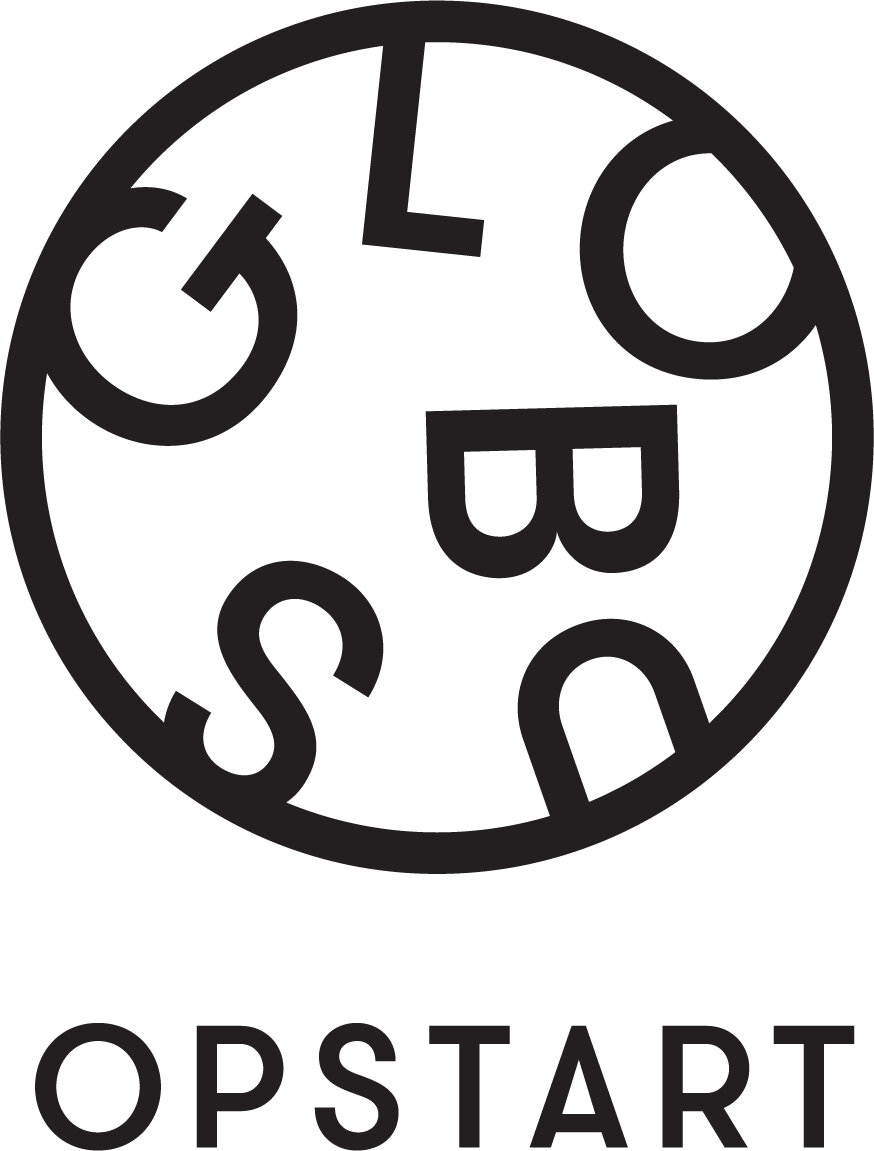Phase one of An Urgent Situation took the form of a series of online dialogues that asked what a fully positive, responsible future tourism might look like, and how innovative architectural thinking and practice might help achieve it? The talks surveyed the reputation and realities of the tourist industry: its impact on environments, communities and economies, and its complicity in foreign investment, colonial legacies and global power structures. The aim was to identify key issues for action for phase two and three of the project.
Click the images below to watch the series:
The Past and Present: Key factors in the travel industry
This first online event asked foundational questions. What does it mean to be a tourist? What trends have developed in recent years within the travel sector? What challenges does the industry now face? We invite you to join the Urgent Situation team (see below) plus Amy Skelding, Senior Partner at Finn Partners’ the Brighter group, Kirsi Suomi, Project Coordinator at Sámi Tourism Visitor Guidance, and Ketut Karya, Co-Founder and Director of Samong Haven, interrogated the travel industry’s past practices, present trends and future needs and obligations.
The event included a short presentation by each panellist followed by a discussion moderated by PRAKSIS Founder and Director Nicholas Jones and audience Q&A.
Creativity, Tourism and Community
In this second online event, we asked how creative initiatives can support positive engagement between travellers and host-communities. Elizabeth Monoian and Robert Ferry, founders of Land Art Generator, Astrid Fadnes, communications agent at curators’ and producers’ collective Pikene på Broen and artist Syowia Kyambi examined present-day intersections between art and culture, local communities and the tourist industry and explored what their future relationships might look like.
The event included a short presentation by each panellist followed by a discussion moderated by Vere Van Gool, curator, writer and former Associate Director and Curator at New Museum’s IdeasCity program in New York, and audience Q&A.
The Role of Architecture in Tourism: Its potential to encourage community
In this third online event, we explored possible ways that architecture can help to build positive interactions between tourist and host communities. The Urgent Situation team plus David Gianotten, Managing Partner-Architect at world-leading architectural firm OMA, Eleena Jamil, founder and owner of Eleena Jamil Architect (EJA), one of Malaysia’s leading architectural practices and the writer and curator Shumon Basar, co-author together with Douglas Coupland and Hans Ulrich Obrist of the books, The Extreme Self: Age of You (2021) and The Age of Earthquakes: A Guide to the Extreme Present (2015) probed the ways that tourist architecture and design shape visitors’ understandings of and interactions with local communities, culture and ecologies.
The event included a short presentation by each panellist, a panel discussion moderated by Vere Van Gool, curator, writer and former Associate Director and Curator at New Museum’s IdeasCity program in New York (2015-2020), followed by audience Q&A.
Futures of Tourism
In this fourth online event, we asked what the future may hold for tourism. Join the Urgent Situation team (see below) plus Martha Thorne, Dean of IE School of Architecture and Design and Former Executive Director of the Pritzker Architecture Prize (2005–2021) together with Andrew Holden, Professor of Environment and Tourism at Goldsmiths, University of London, and Sophia Bazile, Foresight Practitioner and Conference Co-Director at Asia Pacific Futures Network (APFN) examined what is at stake. When architects, artists and tourism providers contribute to the creation of tourist destinations, what should their key considerations be?
The event included a short presentation by each panellist followed by a panel discussion moderated by David Cross, an artist and Reader at University of the Arts London (UAL), and audience Q&A.






